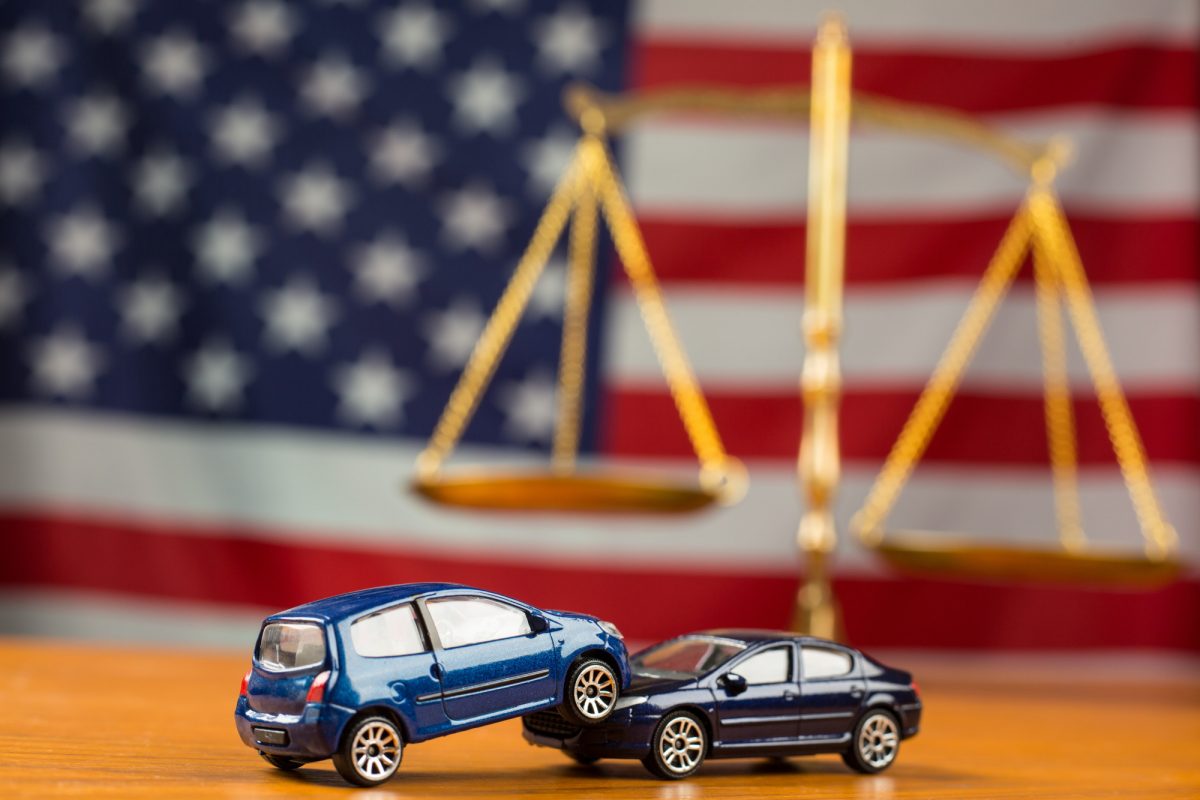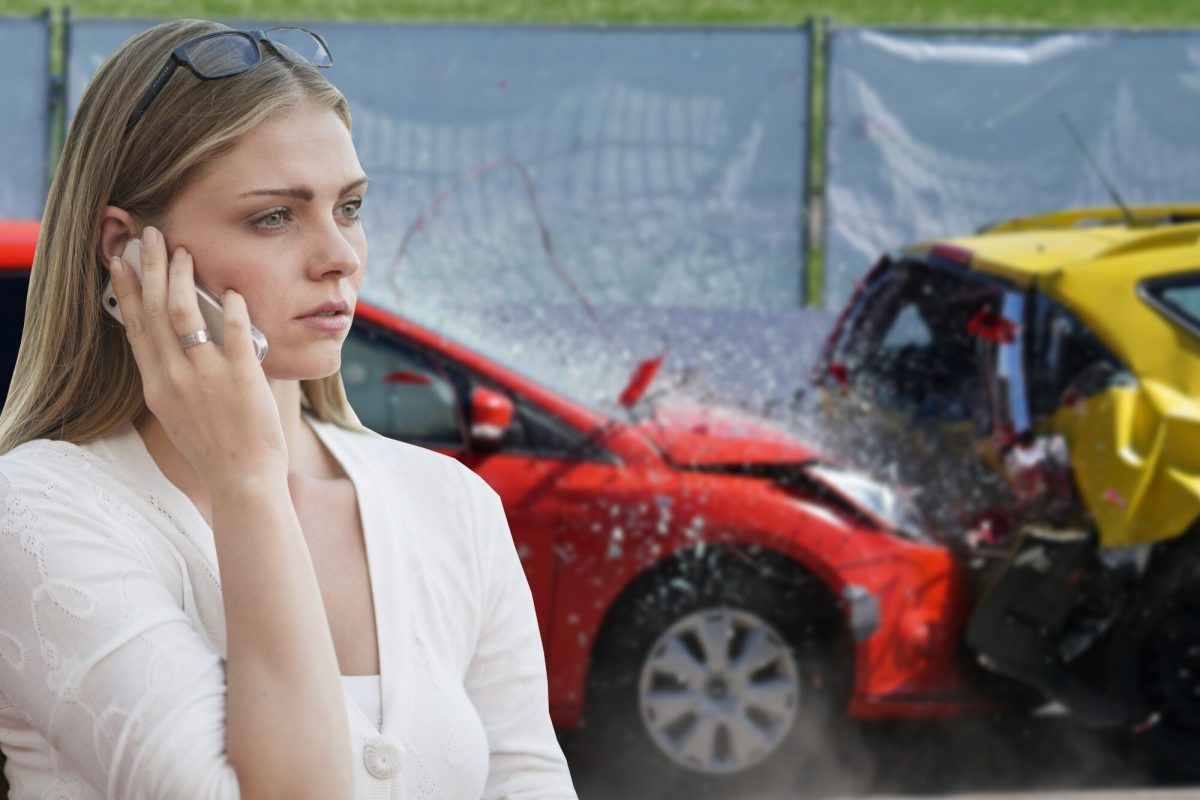
These accidents happen for a variety of reasons. Sometimes one of the drivers is at fault. Other times, the weather or another external circumstance has caused an accident that no one saw coming.
Although a small percentage of accidents are unavoidable, most of them are the result of a driver.
If you want to avoid being in an auto accident, read on for some tips.
Avoid Distracted Driving
One of the best ways to avoid auto accidents is to make sure you aren’t distracted when driving.
This can mean many things for different people. Some people can’t even concentrate if there’s music on in the car. Others are fine holding a conversation with their passenger.
Determine what’s safe for you — however, you should never try to eat when driving, and you should certainly never be on your phone.
Account for the Weather
You should always account for the weather and drive more slowly. Remember that you should brake much sooner when there’s ice or snow.
Many people know to be careful in winter weather, but few are aware that rain is the biggest weather-related cause of accidents! Visibility is decreased, so people crash because they can’t see. Sometimes, they brake too late and end up hitting another car.
If you must drive in bad weather, do so carefully.
Always Think Ahead
You should always try and think ahead when driving.
Keep an eye on lights coming up and drivers all around you. By doing this, you’ll be able to anticipate the next thing coming and less likely to cause a vehicle accident.
Keep Your Distance
Never trust other drivers! You should keep your distance as much as possible when driving because if someone is driving recklessly, you don’t want to be the one they hit.
When behind someone, don’t tailgate. If you tailgate and they brake suddenly, you might slam into them.
This could also happen if the person behind you hits you, causing a pile-up when you go into the car in front.
Never Drive Under the Influence
It’s easy to think that you’ll be fine to drive if you’re only just over the limit, but alcohol seriously impairs your judgment and this is never okay.
It’s not just alcohol though! Check any medications you’re taking and ensure that it’s safe to drive while under the influence of these.
Some medications can have a similar effect to alcohol, or make you drowsy. That’s dangerous on the road.
What Happens if an Auto Accident Occurs Anyway?
If you follow this advice, chances are, you’ll never be in an auto accident. However, a vehicle accident can happen because of someone else or bad weather even if you’re being as careful as possible.
If your car is badly damaged, you might need full-service collision repair. If that happens, consider Limerick Auto Body west of Collegeville, PA. We’ll do our best to get your car back on the road in no time.

